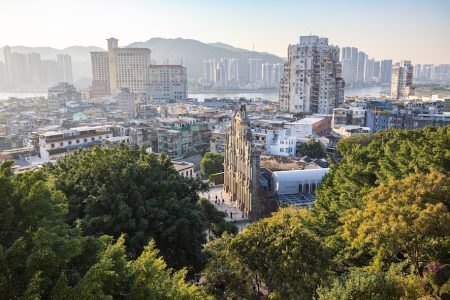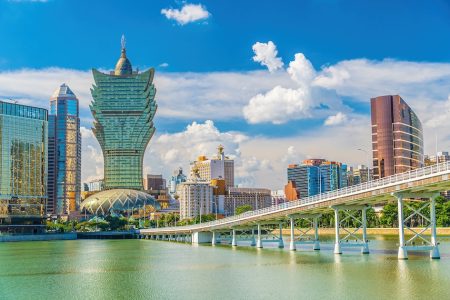The SAR Government is stepping up its measures to foster Chinese and Portuguese bilingualism, according to local media reports, which cited remarks made by Secretary for Social Affairs and Culture, Elsie Ao Ieong U yesterday.
The official was responding to a query from a legislator, José Maria Pereira Coutinho, regarding the shortage of bilingual Chinese-Portuguese speakers in the city, and the steps that are being undertaken by her department to combat the issue.
In her response, Ao stated that the Education and Youth Development Bureau (DSEDJ) is developing Chinese-Portuguese bilingual classes, as well as establishing a government-run Portuguese school.
Ao added that a group of delegates from her department visited Portugal last year, signing over a dozen agreements with tertiary and secondary institutions to open more channels for further study in Portugal for Macao residents.
[See more: Portuguese teachers and interpreters are in demand]
According to the secretary, a total of 55 students successfully applied for a scholarship to study in Portugal in the 2023 to 2024 academic year, including 15 who enrolled in the University of Porto through a government organised initiative.
Ao also added that there are currently about 3,000 students who have been attending school in an environment where Portuguese is the medium of instruction since they were young. As well, she pointed out that over 260 local students are currently undertaking tertiary study in Chinese-Portuguese translation.
Along with Chinese, Portuguese is one of the official languages of the SAR. While it is only spoken by 0.6 percent of the population according to CIA data, the language is seeing a resurgence as the city seeks to strengthen ties with lusophone countries as part of an economic diversification strategy.






